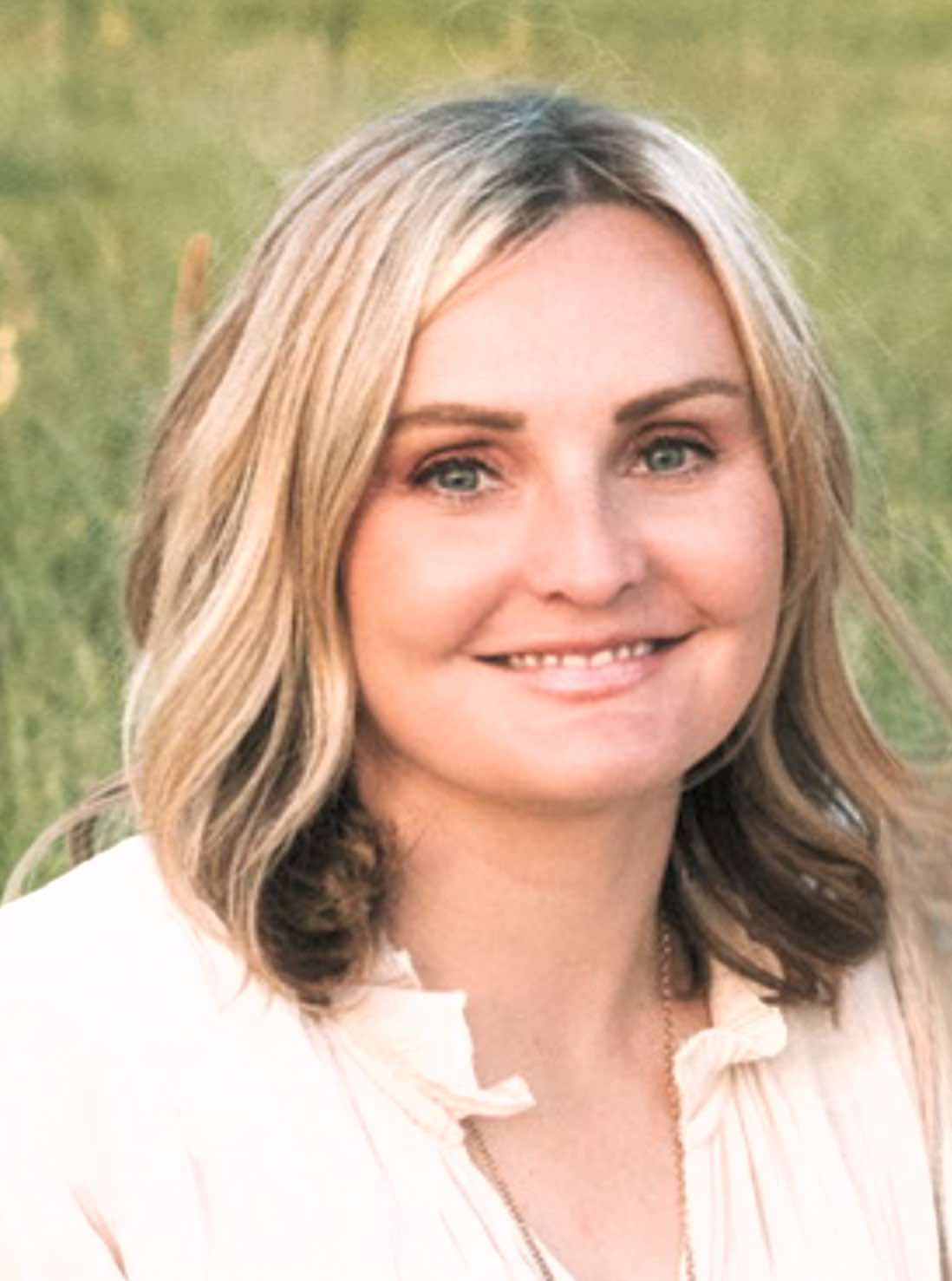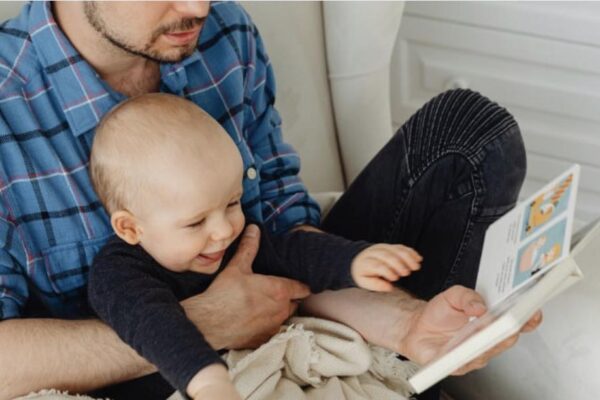
Five years ago, clinical psychologist, speaker, and bestselling author Dr. Christina Hibbert—Christi to her friends—filled her schedule with speaking engagements, therapy sessions, group coaching, and writing her fourth book. Her dedication to helping others “overcome, become, and flourish” arose from a deeply personal place, but her world flipped upside down when a mammogram revealed aggressive breast cancer. Though she’d faced loss, trauma, and mental health challenges throughout her life, Christi now faced cancer treatment—a double mastectomy, reconstruction, chemotherapy, and the many complications, additional surgeries, and eventual chronic illnesses that came as a result. “Just as it seemed I would finally take off in my family life and career, it felt like, instead, I crashed.”
While it can seem impossible to be inspired, inventive, or to produce creative work while experiencing trauma, Dr. Hibbert has gleaned valuable insights from her ongoing journey. She reminds us in her bestselling book This Is How We Grow, “when life throws you in the mud, [you can choose to] plant yourself and grow.”

Accept That Life Doesn’t Always Turn Out the Way You’d Hoped
Though her mother had been a breast cancer survivor, somehow Christi never thought it would happen to her. But after her mammogram led to an ultrasound, followed by a biopsy, she says, “I knew I was going be diagnosed with cancer before I even had the biopsy. It wasn’t the answer I wanted, but it was my answer to my fervent prayer. I immediately felt God’s reply: ‘I’m sorry, but this is going to happen; but I am with you, and you have been prepared.'” Still, she believed she would beat cancer within three to six months and return to her busy yet rich life as a wife and mom of six, pursuing a career she felt was part of her divine purpose.
Dr. Hibbert soon realized that there was no returning to the past. “I say now that there is only BC—Before Cancer—and AD—After Diagnosis. Everything has changed.” She experienced countless complications that led to fifteen total surgeries, her last being just seven months ago. “It’s been five years straight of diagnosis after diagnosis, treatment after treatment, nonstop. Though I’ve been working on healing all along, I have learned it’s near impossible to heal the trauma while you’re still being traumatized.” She continues, “I am finally in a place where I can learn and accept my new limitations and rebuild my body, mind, relationships, and life.”
Mental health challenges that come with trauma can make it difficult to feel inspiration. Still, Christi advises, “Whenever we can, we should try to let it all go, fall apart, and be in the mess because that is the fertile ground where we can most learn and grow. We get the big life lessons and the nuggets of wisdom that we can share in whatever creative form we want. That’s what adds beauty to us—and the world—and heals all.”
FEEL the Emotions and Do the Work to Heal
“To me, FEEL means: ‘Freely Experience Emotions with Love,'” she teaches. “We must allow ourselves to experience our emotions fully, in our body and mind and heart, and love ourselves through.” Processing these feelings is crucial for healing and can provide a foundation for creative expression. Christi explains, “I never wanted to be a ‘breast cancer warrior’ or to be inspiring or strong. It’s not what I set out to do in my life. But I believe that I am a warrior because [it’s] about showing up, no matter what comes your way. If you’re showing up for yourself, it’s not just to go through whatever is physically or mentally happening, but also to feel all the emotions, deal with all the thoughts, and untangle the pile of trauma and grief.” She advises: “Go to therapy and do the work. These things are so hard, and nobody wants to do them. It’s just like having surgery; nobody wants to do that either, but it can help.”
Stop Comparing Yourself to Others
Focus on your own journey because everyone’s experiences and creative processes are unique. Christi shares, “It’s been really hard for me, seeing so many of my colleagues and friends going above and beyond in their home, family, and career lives—having their writing published, traveling, and things like that. I feel like I’m stuck, and I haven’t ‘done anything.’ But I have survived and worked hard. I’m still dealing with trauma and grief and the mixed feelings of cancer and death anniversaries, but I am slowly, day-by-day, healing.” Remember, your recovery, healing, and growth progress is just as valuable—if not more so—as any external achievement.
Be Completely Honest and Authentic
Facing your struggles head-on might be difficult, but it’s essential for growth. Having shared her entire breast cancer and chronic illness journey on her blog and social media, she says, “If there’s anything I’ve done especially well these past five years, it’s being completely open, authentic, honest, and just real. I let people see the real me: ‘This is me sad, this is me happy, and this is me in pain.’ I think that’s why so many people have connected with me and my story because everybody relates.” As she states, “To me, true strength is allowing ourselves to be vulnerable enough to be wherever we are, no matter how over- or underwhelming it may seem.” Vulnerably admitting and processing what you’re going through can enrich your creativity, inspire others, and foster healing and growth.
Make Your Trauma Your Material
Transforming your trauma into creative material can be a powerful way to process and express your experiences, making your creative work more personal and impactful. In This Is How We Grow, she writes about her two sisters’ tragic deaths, inheriting her two nephews and going from three to six kids practically overnight, postpartum depression, and other traumas she’s experienced. She says, “I have times where I tell myself, ‘This is my time to be in it—to just be knee-deep in the muck, putting one foot in front of the other.’ Later, I can plant myself in the mud and try to grow. When we’re stuck creatively because we’re having a hard time, if we are willing and brave enough to explore our trauma, whatever we’re going to share, create, or give to the world comes in our hardest times. The message you have for the world is in the mess.”
Use Creative Self-Expression as a Means of Healing
Christi advises: “Journal about your experiences. Even if you don’t like writing, recording your thoughts, feelings, and even dreams can be extremely beneficial for sorting through the trauma.” She also recommends talking about it. “Whether in therapy, with a trusted friend or family member, or even sharing publicly as I’ve done, speaking and sharing our stories is healing.” Christi also uses music as an important part of her recovery. “I’m working on a few songs about my experiences, and as I share them, even with my family, music is extremely powerful in healing me on all levels.” Amid her cancer and chronic illness treatments, she also started a podcast called Like a Watered Garden centered on the Church’s “Come Follow Me” program. She says, “I never would have thought I would make a podcast while I was still struggling to not feel sick. It made no sense at the time, but it’s strengthened my faith and testimony. It’s a different kind of creativity I could do with my spiritual side, even when my physical and mental/emotional sides were overwhelmed.”
Get Creative with Your Creativity
When we engage in creative activities of any type—familiar or new—we help ourselves cope, understand, and make sense of all we’ve endured. Experiment with various mediums to discover what best helps you express yourself and heal. Christi says, “I would hand letter words, write poetry, or draw about how I felt, and it brought me peace. There are so many ways we can engage our creativity, even when we don’t feel like creating or we’re unable to create in the ways we used to. Pressure, on top of trauma, makes it hard for us to perform.” Exploring new creative outlets with “a beginner’s mind,” as Christi puts it, can allow you to fully appreciate the activity and state of flow instead of viewing it as a chore.
Dr. Hibbert’s personal experience with trauma has taught her valuable lessons about using creativity as a healing tool. While it can be frustrating to find inspiration in times of stress, Christi urges: “accept your experiences, be honest and authentic, use creativity to express yourself, experiment with different mediums, and avoid putting pressure on yourself. Following these steps can channel your toughest experiences into inspiration and creative expression that can not only heal you but so many others, too.”





I really appreciated this article. I’ve been touched, as you struggled to deal with all the changes. I’ve had changes in my life too and feel like you have to keep trying to figure out a new life that will work for you at that time. Thank you!